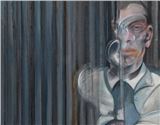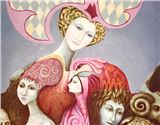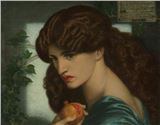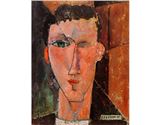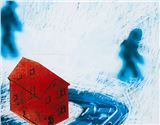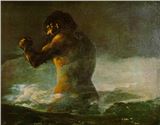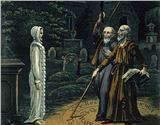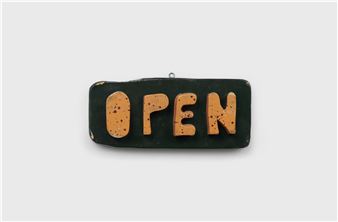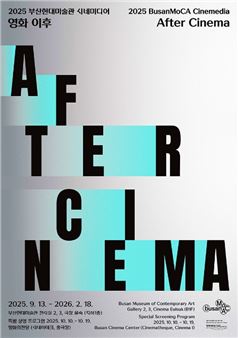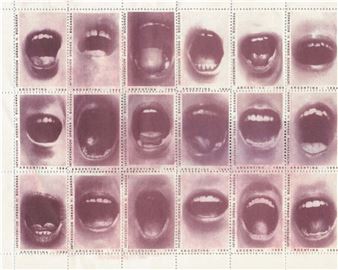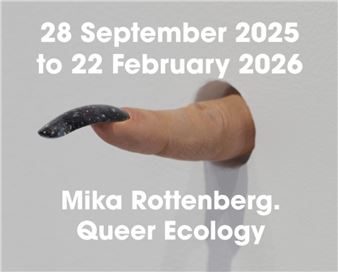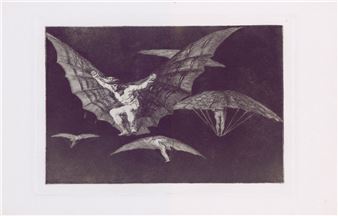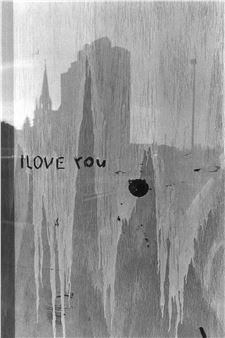Mika Rottenberg: Queer Ecology
Entitled вҖҳQueer Ecology,вҖҷ the exhibition focuses on the latest works by artist Mika Rottenberg, who was born in Buenos Aires in 1976. The works deal with the role of humans in the constantly growing system of global consumption. They show the absurdity of the excessive, capitalist production of goods and the precarious working conditions, especially of women, in a humorous, sometimes biting and sarcastic way.
With more than 30 works - sculptures, videos, walk-in installations, interactive works and her first feature film вҖҳREMOTEвҖҷ (2022) - it is to date the most comprehensive international presentation of the artist's work of the last two decades. The communicative centrepiece of the exhibition, conceived by the artist especially for the Lehmbruck Museum, is formed by the new sculptures вҖҳLampsharesвҖҷ made of organic materials and recycled plastic, with which she is realising a production cycle in her studio for the first time. The exhibition unfolds in the form of a network with the themes of вҖҳlabourвҖҷ, вҖҳbodyвҖҷ and вҖҳfutureвҖҷ. It establishes links to the main works вҖҳNoNoseKnowsвҖҷ (2015), вҖҳCosmic GeneratorвҖҷ (2017) and вҖҳCheeseвҖҷ (2008). In this exhibition, the Lehmbruck Museum is initiating a collaboration with the model project вҖҳUrban ZeroвҖҷ, which is making an ambitious attempt to transform the Duisburg-Ruhrort district in an environmentally neutral way. With its theme, the exhibition is dedicated to an existential question of our time and deliberately leaves the space of the museum.
The title вҖҳQueer EcologyвҖҷ describes the entanglement between humans, technology and the environment and makes processes of transformation and fluidity tangible. вҖҳQueer EcologyвҖҷ is a way to dissolve the binary concepts of humanity and nature and to think together: How must our thinking about the world and matter change in order to escape the consequences of capitalism and economic disproportions?
With the circular economy of the вҖҳLampsharesвҖҷ and the outreach programme, the museum is initiating a model project that is itself geared towards sustainability. The aim of the project is to raise awareness and judgement of sustainability and ecological issues. In this context, Rottenberg's works act as an active catalyst for change processes, so that resources can be rethought and artistic processes can be designed sustainably.
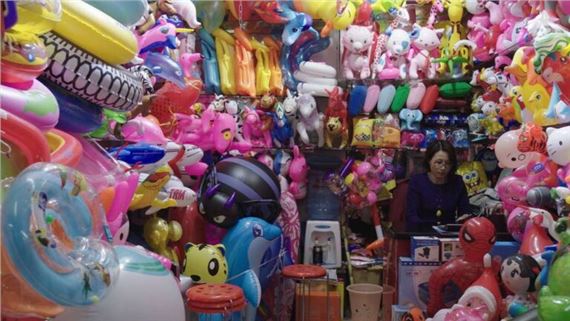
Recommended for you
Entitled вҖҳQueer Ecology,вҖҷ the exhibition focuses on the latest works by artist Mika Rottenberg, who was born in Buenos Aires in 1976. The works deal with the role of humans in the constantly growing system of global consumption. They show the absurdity of the excessive, capitalist production of goods and the precarious working conditions, especially of women, in a humorous, sometimes biting and sarcastic way.
With more than 30 works - sculptures, videos, walk-in installations, interactive works and her first feature film вҖҳREMOTEвҖҷ (2022) - it is to date the most comprehensive international presentation of the artist's work of the last two decades. The communicative centrepiece of the exhibition, conceived by the artist especially for the Lehmbruck Museum, is formed by the new sculptures вҖҳLampsharesвҖҷ made of organic materials and recycled plastic, with which she is realising a production cycle in her studio for the first time. The exhibition unfolds in the form of a network with the themes of вҖҳlabourвҖҷ, вҖҳbodyвҖҷ and вҖҳfutureвҖҷ. It establishes links to the main works вҖҳNoNoseKnowsвҖҷ (2015), вҖҳCosmic GeneratorвҖҷ (2017) and вҖҳCheeseвҖҷ (2008). In this exhibition, the Lehmbruck Museum is initiating a collaboration with the model project вҖҳUrban ZeroвҖҷ, which is making an ambitious attempt to transform the Duisburg-Ruhrort district in an environmentally neutral way. With its theme, the exhibition is dedicated to an existential question of our time and deliberately leaves the space of the museum.
The title вҖҳQueer EcologyвҖҷ describes the entanglement between humans, technology and the environment and makes processes of transformation and fluidity tangible. вҖҳQueer EcologyвҖҷ is a way to dissolve the binary concepts of humanity and nature and to think together: How must our thinking about the world and matter change in order to escape the consequences of capitalism and economic disproportions?
With the circular economy of the вҖҳLampsharesвҖҷ and the outreach programme, the museum is initiating a model project that is itself geared towards sustainability. The aim of the project is to raise awareness and judgement of sustainability and ecological issues. In this context, Rottenberg's works act as an active catalyst for change processes, so that resources can be rethought and artistic processes can be designed sustainably.
Artists on show
Contact details


 ARTISTS
ARTISTS
